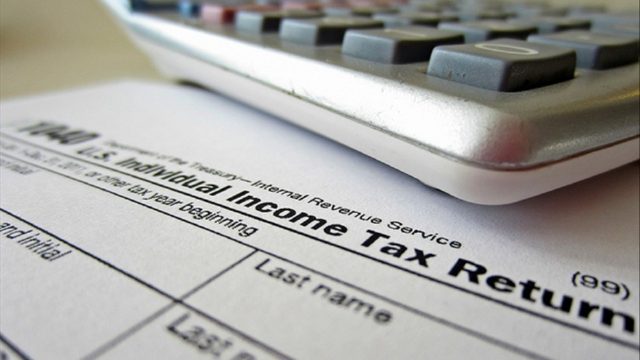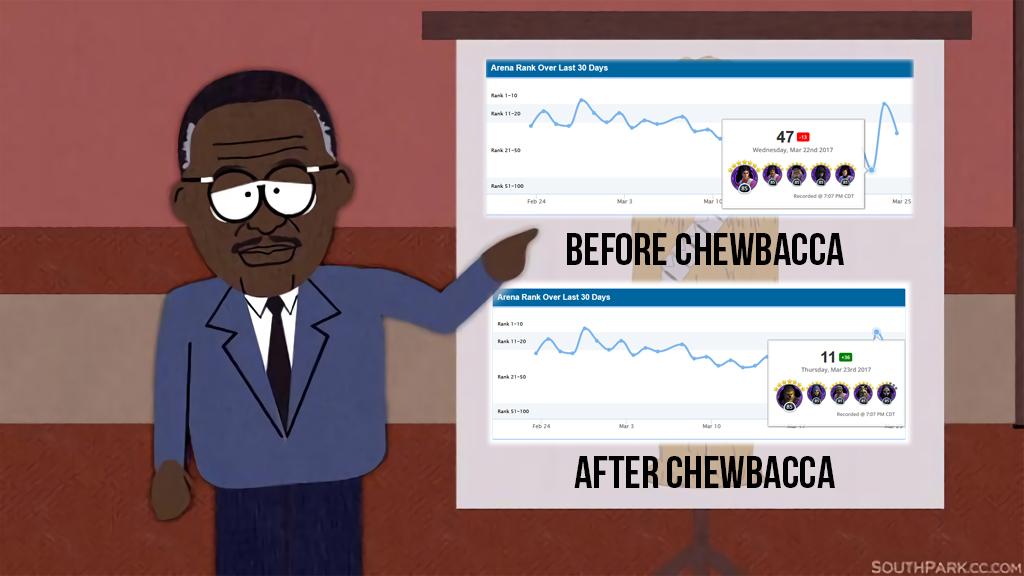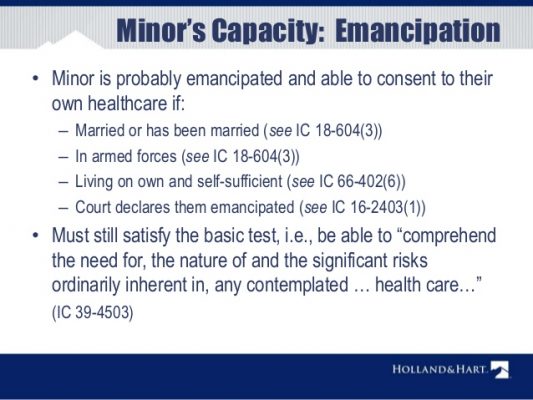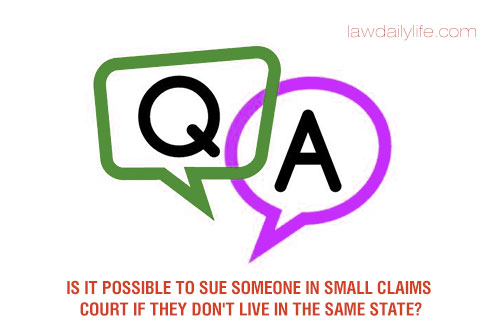First, the bad news: the filing deadline for your 2015 was three days ago. Now, the good news: all is not lost. You have options, even if you’re filing late, and the IRS won’t be banging down your door. (Yet. Hopefully.) And there may even be a way to avoid late filing penalties and fees.
Here’s what you need to know about filing your taxes late:
Filing Late
Just because you missed the deadline doesn’t mean you can’t file your taxes. And generally speaking, you can file your taxes just as you would have before the deadline. It just means you may end up owing a bit more to the IRS.
If you owe money on your income taxes, the IRS can charge a failure to file penalty of 5 percent each month you’re past due, up to a maximum of 25 percent of your total owed taxes. If your filing is overdue by more than 60 days, the minimum penalty can be either $135 or 100 percent of your unpaid taxes.
This is especially important if you’re expecting a tax return — you don’t want late filing penalties to eat up what the IRS owes you. But bear in mind these penalties are the same if you filed for an extension and miss the extension deadline.
Paying Late
The penalties for paying your taxes late aren’t quite as severe as those for filing late. The IRS can charge 0.5 percent for each month your taxes aren’t paid and the interest is 4 percent annually. However, you should know that even if you got an extension to file your taxes, that it’s not an extension to pay your taxes. If you owe the IRS, that money was still due on April 15, and you could be subject to penalties and interest until you pay, even if you were granted an extension to file.
If you missed the tax filing deadline and need help filing your taxes, you should contact an experienced tax attorney as soon as possible to minimize your late filing or late payment penalties.










